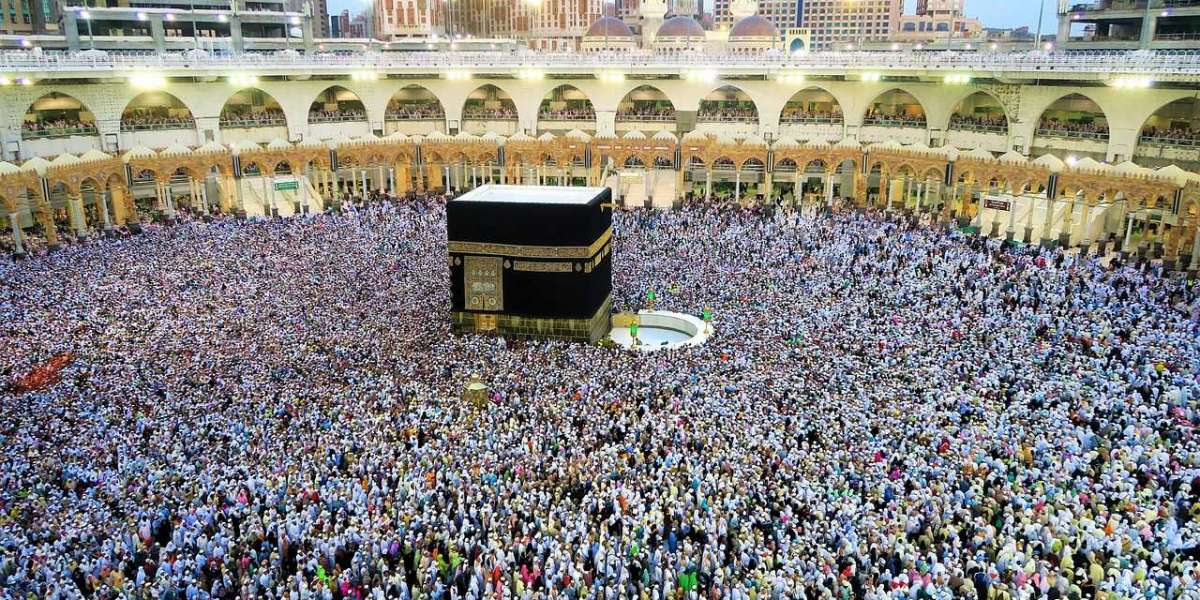Mecca: The Spiritual Center of Islam Mecca stands as the heart and soul of Islamic spirituality. The annual Hajj pilgrimage, one of the five pillars of Islam, draws millions of Muslims from across the globe to the Kaaba, the holiest site in Islam. Pilgrims engage in a series of rituals, including the Tawaf (circumambulation of the Kaaba) and Sa'y (walking between Safa and Marwah), symbolizing unity, equality, and complete submission to Allah. Mecca is also a destination for the voluntary Umrah pilgrimage, allowing believers to experience the sanctity of the holy city and seek spiritual purification.
Jerusalem: A Place of Prophetic Heritage Jerusalem holds a special place in Islamic spirituality as the site of Al-Aqsa Mosque, the third holiest mosque in Islam. Muslims undertake the spiritual journey of visiting Al-Aqsa Mosque to seek blessings and connect with the rich Prophetic heritage. It is believed that the Prophet Muhammad (peace be upon him) made a miraculous night journey (Isra and Mi'raj) from Mecca to Jerusalem, further adding to the spiritual significance of this revered city.
Ziyaraat of Ahlul Bayt: Seeking Blessings from the Prophetic Family The Ziyaraat of Ahlul Bayt involves pilgrimages to the sacred sites associated with the family of the Prophet. This includes the mausoleums of the revered figures such as Imam Ali, Imam Hussein, and other members of the Prophet's household. These visits offer a unique opportunity to seek blessings, pay respects, and deepen the connection with the Prophetic legacy. Pilgrims engage in acts of devotion, recite prayers, and reflect upon the virtues and sacrifices of these noble personalities.
Arbaeen Pilgrimage: Commemorating Imam Hussein's Sacrifice The Arbaeen pilgrimage, one of the largest annual pilgrimages in the world, takes place in the city of Karbala, Iraq. Millions of pilgrims gather to commemorate the martyrdom of Imam Hussein, the grandson of Prophet Muhammad and a revered figure in Islam. This pilgrimage signifies love, sacrifice, and the steadfastness in the face of adversity. The Arbaeen pilgrimage serves as a powerful reminder of the importance of upholding justice, unity, and the eternal struggle against oppression.
Sufi Journeys: Mystical Paths to Divine Union Sufi journeys provide a unique approach to Islamic spirituality. Sufism, the mystical dimension of Islam, emphasizes spiritual awakening and union with the Divine. Sufi pilgrims embark on transformative journeys, visiting the tombs and mausoleums of Sufi saints. These journeys serve as a means to seek spiritual blessings, guidance, and inspiration from the spiritual legacy of these revered figures. Sufi practices such as dhikr (remembrance of Allah), meditation, and Sufi music and dance (Sama) further deepen the seeker's connection with the Divine.
Search
Popular Posts
Categories
- Road trip
- Food & Drink
- City trip
- Culture & People
- Festival & Tradition
- Family-friendly
- Budget travel
- History and Facts
- Health and Wellness
- Nature
- Luxury travel
- Camping & Outdoor
- Spiritual journey
- Adventurous travel
- Romantic travel
- Sport journeys
- Solo travel
- Entertainment
- Country/ region
- Business Travel
- Review/ rating
- Other







